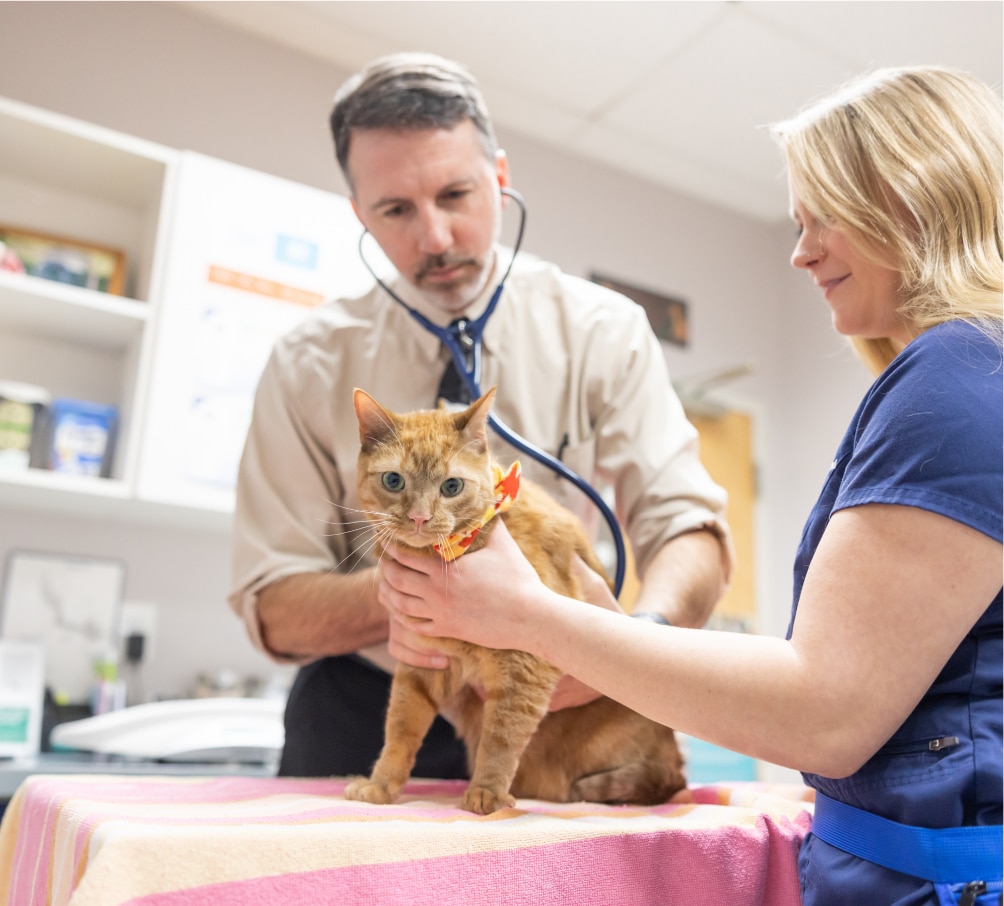Pets bring joy, companionship, and love into our lives, but some pet behavior can be puzzling or even problematic. Understanding pet behavior is key to building a strong, positive relationship with your pets. By recognizing common behavioral issues and learning how to address them, you can create a happier, healthier life for both you and your pet. Let’s take a closer look at some typical pet behavior problems and practical solutions to help you manage them effectively.
Common Pet Behavior Issues
Separation Anxiety: Many pets, especially dogs, experience separation anxiety when left alone. This can lead to destructive behaviors like chewing furniture, excessive barking, or soiling the house. Signs of separation anxiety include pacing, drooling, or attempts to escape.
Aggression: Aggression in pets can be directed toward people, other animals, or objects. It can manifest as growling, biting, scratching, or other threatening behaviors. Aggression often stems from fear, territorial instincts, or a lack of socialization.
Excessive Barking or Meowing: While vocalizing is a natural form of communication for pets, excessive barking in dogs or meowing in cats can be a sign of an underlying issue. This could range from boredom and anxiety to medical conditions that require attention.
Inappropriate Elimination: This behavior is most commonly seen in cats but can also affect dogs. Inappropriate elimination occurs when a pet urinates or defecates outside the designated area, such as a litter box or outdoor space. Causes can include stress, medical issues, or dissatisfaction with the litter box or training methods.
Destructive Chewing or Scratching: Both dogs and cats can engage in destructive behaviors like chewing on furniture or scratching carpets. These behaviors are often driven by boredom, anxiety, or a lack of appropriate outlets for natural instincts.
Solutions to Common Pet Behavior Problems
Separation Anxiety Solutions: Gradual desensitization is a key strategy for easing separation anxiety. Start by leaving your pet alone for short periods and gradually increase the duration. Providing plenty of physical and mental stimulation before you leave can also help. Interactive toys, puzzle feeders, and calming aids like pheromone diffusers can make a difference.
Managing Aggression: Addressing aggression often requires professional help. A certified animal behaviorist can work with you to identify triggers and implement a behavior modification plan. Socialization, positive reinforcement training, and ensuring your pet feels safe are essential steps in reducing aggression.
Reducing Excessive Vocalization: To curb excessive barking or meowing, first rule out any medical causes. If the behavior is attention-seeking, avoid rewarding it. Instead, provide plenty of mental and physical stimulation through play and exercise. Training techniques, like teaching a “quiet” command, can also be effective.
Addressing Inappropriate Elimination: If your pet is eliminating outside the designated area, consult your vet to rule out medical issues. For cats, keep the litter box clean and place it in a quiet, accessible location. For dogs, reinforce house training with regular bathroom breaks and praise for proper elimination.
Preventing Destructive Behavior: To prevent destructive chewing or scratching, provide appropriate outlets like chew toys for dogs and scratching posts for cats. Ensure your pet gets plenty of exercise and mental stimulation to reduce boredom. Training your pet to understand what is acceptable to chew or scratch can also be very effective.
Veterinary Care in Frederick, MD
By recognizing the root causes of pet behavior issues and implementing practical solutions, you can create a stronger bond with your pet and create a more peaceful environment. If you find that even with these strategies your pet needs additional help, consult the professionals at Old Farm Veterinary Hospital. Our team of skilled veterinarians and technicians will give your pet the care they need to overcome problem behavior and develop healthy habits. Schedule your appointment!



